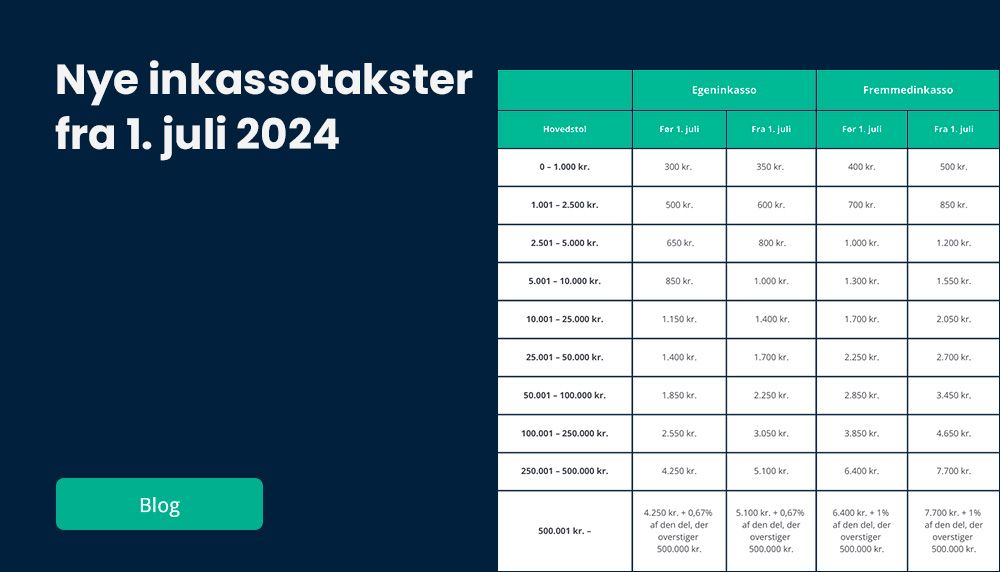
Liability
The concept of liability is interesting in many contexts, both in relation to loans, debts and in connection with company forms and company formation.
But what exactly is liability? In its simplest form, liability means that as a borrower or business owner, you can be liable for the loan or obligations you have.
However, there are a number of different types of liability, which we will discuss in this article, including personal liability, joint and several liability and limited liability.
Personal liability
With personal liability, you as an individual are personally liable for the obligations you have, such as debts, loans or similar.
For example, if you run a sole proprietorship or partnership, you will generally be personally liable for all your obligations.
This means that if you take out a loan in your sole proprietorship and don't pay your installments, you will be personally liable for them and the bank will effectively make the claim against you.
The same applies to incoming invoices received by your company; if your company doesn't pay, the creditor will typically make the claim against you personally.
The company form basically determines your liability, but you should be aware that borrowers such as banks and the like will typically also require personal liability from you as a private individual, even when you run a business in company form, such as a private limited company or limited liability company. In this way, the bank ensures a higher degree of security for its loan.
Limited liability
With limited liability, you as an individual, and thus your personal finances, are not liable for the activities you may undertake in your business.
The limited liability is achieved, for example, by limited liability companies or private limited companies where the owner is not personally liable.
However, you should be aware that some lenders will require personal liability when taking out a loan, for example, even if you run your business as a limited liability company.
Joint and several liability
Joint and several liability is a form of liability where you are jointly and severally liable with someone else. For example, you may have taken out a loan with someone else and you are both liable for the loan.
Joint and several liability allows the lender to make a claim against several borrowers, and if one borrower does not pay, they will typically go after the other borrower.











